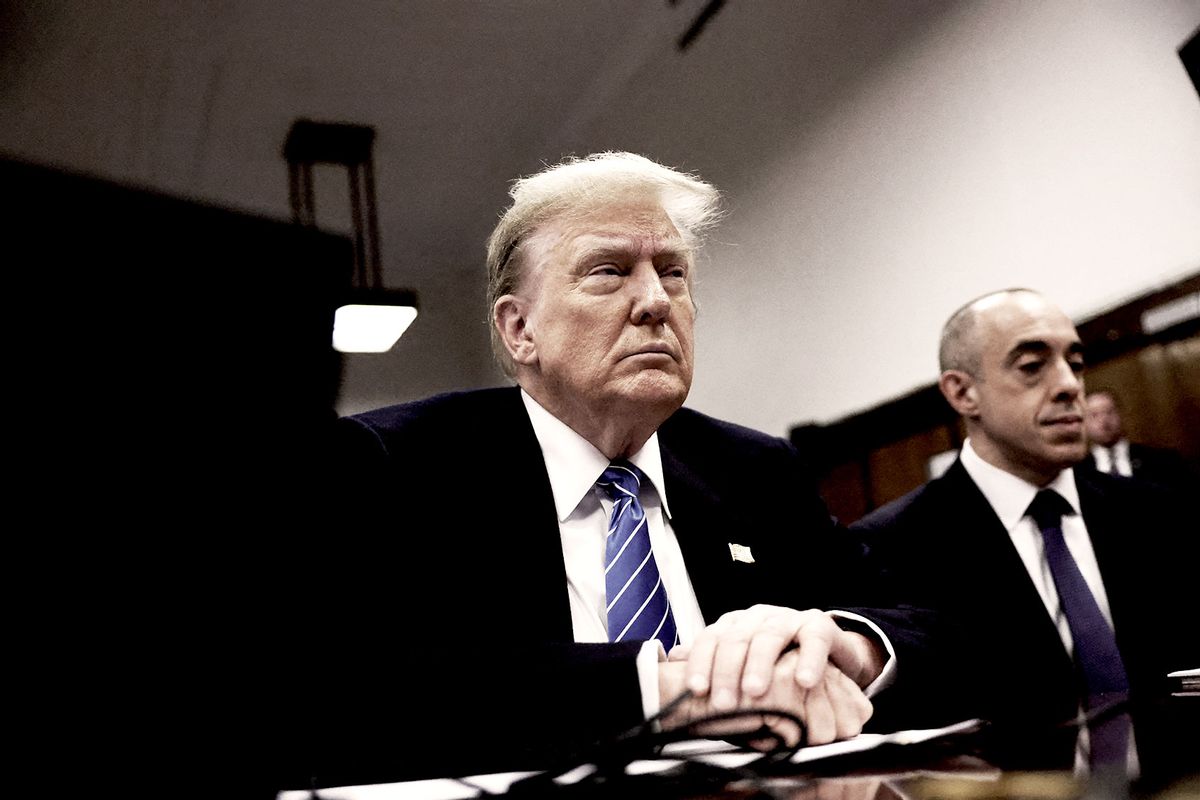Donald Trump doesn't say anything over email — or even have an email address — because he has long feared leaving a trail of documents that could be obtained by prosecutors, former fixer Michael Cohen testified Monday.
"Mr. Trump never had an email address," Cohen said, according to NBC News. Trump's former personal attorney, testifying in his Manhattan hush money case, said that the Republican candidate views emails as akin to physical documents that could be used against him.
Trump believes "emails are like written papers," Cohen testified, "and he knows too many people who have gone down from using emails that prosecutors can use."
Cohen's claim was supported last week by former Trump personal assistant Madeleine Westerhout, who testified that, "to my knowledge," Trump did not use email or even a computer while in office.
Testifying Monday, Cohen said he himself would sometimes turn to an encrypted messaging app, Signal, which he admitted using to communicate with former National Enquirer publisher David Pecker, per CNN. Cohen was previously sentenced to three years in prison for his role in paying off Stormy Daniels and misclassifying that hush payment as a legal expense.
"Depending upon the matter," Cohen said when asked if he sent encrypted messages to Pecker. "Sometimes we thought that encryption and not having the event traceable would be beneficial."



Shares